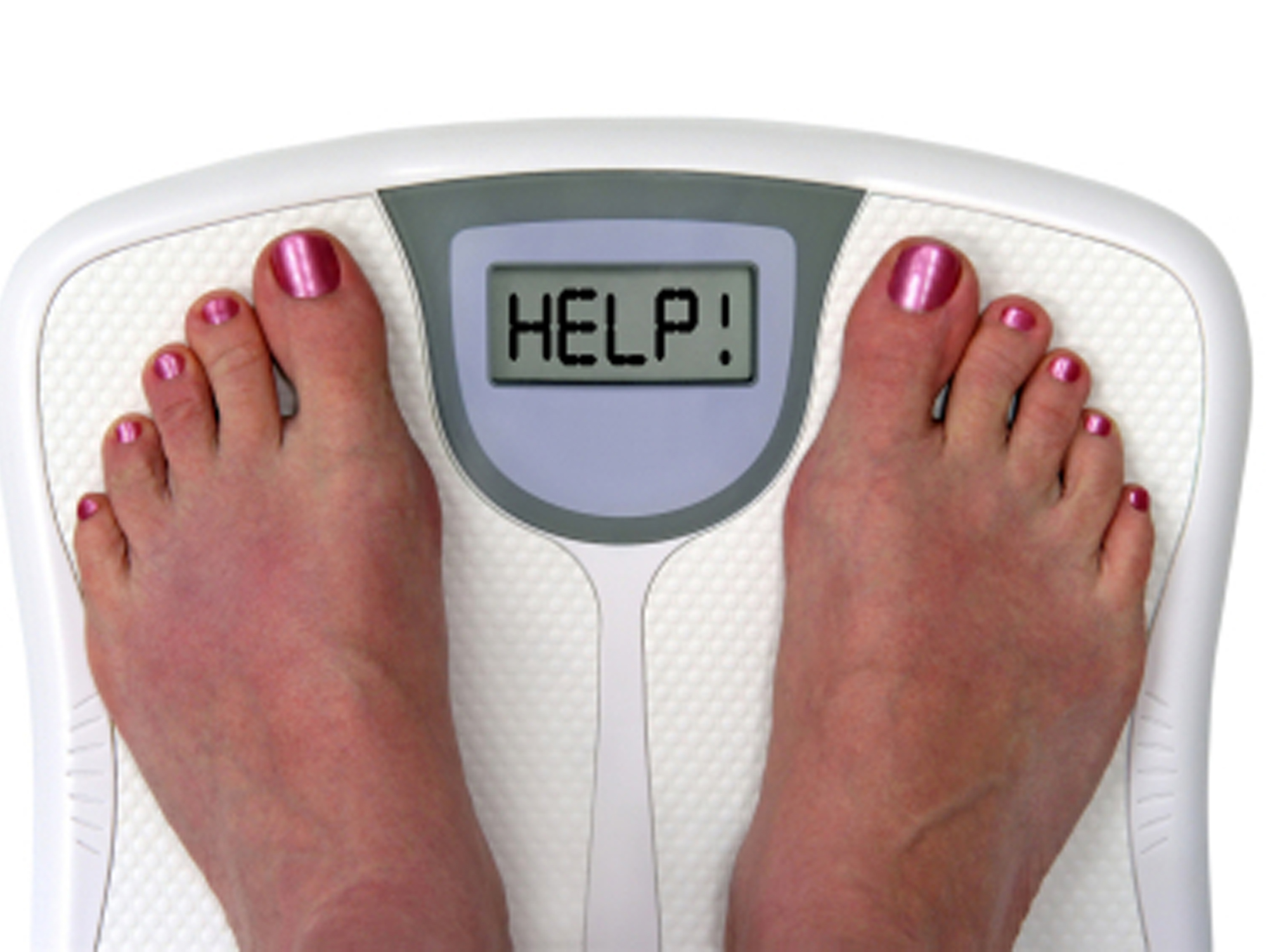Tired of being fat, lazy, sad, or tired? It's time to Beat Back Death! BBD is dedicated to finding out what current research shows about health issues, and then doing something about it.
Saturday, February 18, 2012
Week # 3 - Taking Control
Did you know that as of 2010, over 63% of Americans were overweight? There seem to be two big reasons. They don't understand their calorie needs, and they don't take action. Right now, you are doing both. Good job!
If you did your homework in week one and calculated your basal metabolic rate (BMR) and multiplied it by your activity level, then you know what to eat to maintain your weight. If you didn’t do this, DO IT NOW. Studies have shown that most people have NO idea how many calories they need, or how many they have eaten.
Choosing a health goal weight
You can't just choose your high school weight as your goal weight. That's silly, but a lot of people do it. Your doctor can point you in the right direction, but I also found a great online calculator.
Goal Weight Calculator
All you need is your height and your approximate body fat percentage. Then you look at their charts and decide what your goal body fat % is. As a guideline, a six pack doesn't start showing up until you're down to about 14% body fat for men (or around 20% for women). So don't go crazy plopping in single digits. You're not a magazine model - you are a person living in real life.
Taking control
http://www.bmrcalculator.org/
Go back to the BMR calculator and this time enter your goal weight instead of your actual weight. If you remember, Fictional Frank had a BMR of 1784 & daily calorie needs of 2765. If I enter a goal weight for Frank, I get a BMR (the death line – do not cross) of 1662 calories per day. Then I multiply it by his activity level (1.55) and get 2,576 calories per day. This means that if Frank starts eating 2,576 calories per day his body will eventually become his goal weight. Notice that Frank is only eating about 200 calories less per day. The weight loss will be slow, but Frank will lose weight without losing muscle, mostly without being hungry, and without giving up his favorite foods.
The best part is that when Frank hits his goal weight… nothing changes! He just keeps on eating 2,576 calories each day. Also, notice that his weight loss calories of 2,576 per day is not below his current BMR times 1.2 (1,784*1.2=2140). He doesn’t want to ever go below that Basal Metabolic Rate of 2,140.
If you have been attempting to lose weight for a long time, you may have been under eating for a long time. If the calorie number you calculated based on your activity level seems too high... you may have been under eating. The bad news is that your metabolism is probably slow. The good news is that in order to lose weight you need to eat MORE. No kidding.
Diets Don’t Work
The reason diets don’t work is they usually rely on starving yourself in the short term. Many diets tell women to eat close to 1000 calories per day (or 1500 for men) Then, even when you get to your goal weight, you still don’t know how to eat normally! You know how to eat to get fat, and you know how to starve, but you don’t know how to eat to maintain weight. Using the above BMR method will teach you how to maintain your goal weight, and your body will automatically take care of the weight loss.
A Warning
People will try to tell you they know how to lose weight. They will tell you that you need to eat much less to lose weight. Don’t listen to them. They reason that they think they know so much about losing weight is that they have been working on it for decades. Maybe people want to compare their weight loss with yours to see who is “faster”. Tell them research has shown that the faster a person loses weight, the more likely they are to gain it back. You want permanent weight loss, not fast weight loss. It's better to make a teeny weeny change that will be permanent than to do something drastic that you can’t maintain.
Enter your goal weight into the calculator and start eating like a healthy person. No crash diets, no giving up stuffed crust pizza or cinnamon rolls, just take it slow and easy. Let's get serious here - you don't actually care about weight. What you care about is being healthy. Your weight will change slowly, but your health will improve quickly as soon as you get serious. Try not to confuse the two.
If you want to learn more about why your under eating is harmful, or why nearly all diets fail checkout the following much longer (and marginally more boring) blog post:
The Problem with Diets
Subscribe to:
Post Comments (Atom)

1 comment:
Isn't there a way to be healthier casually without any effort? Maybe something made by Ronco?
Post a Comment